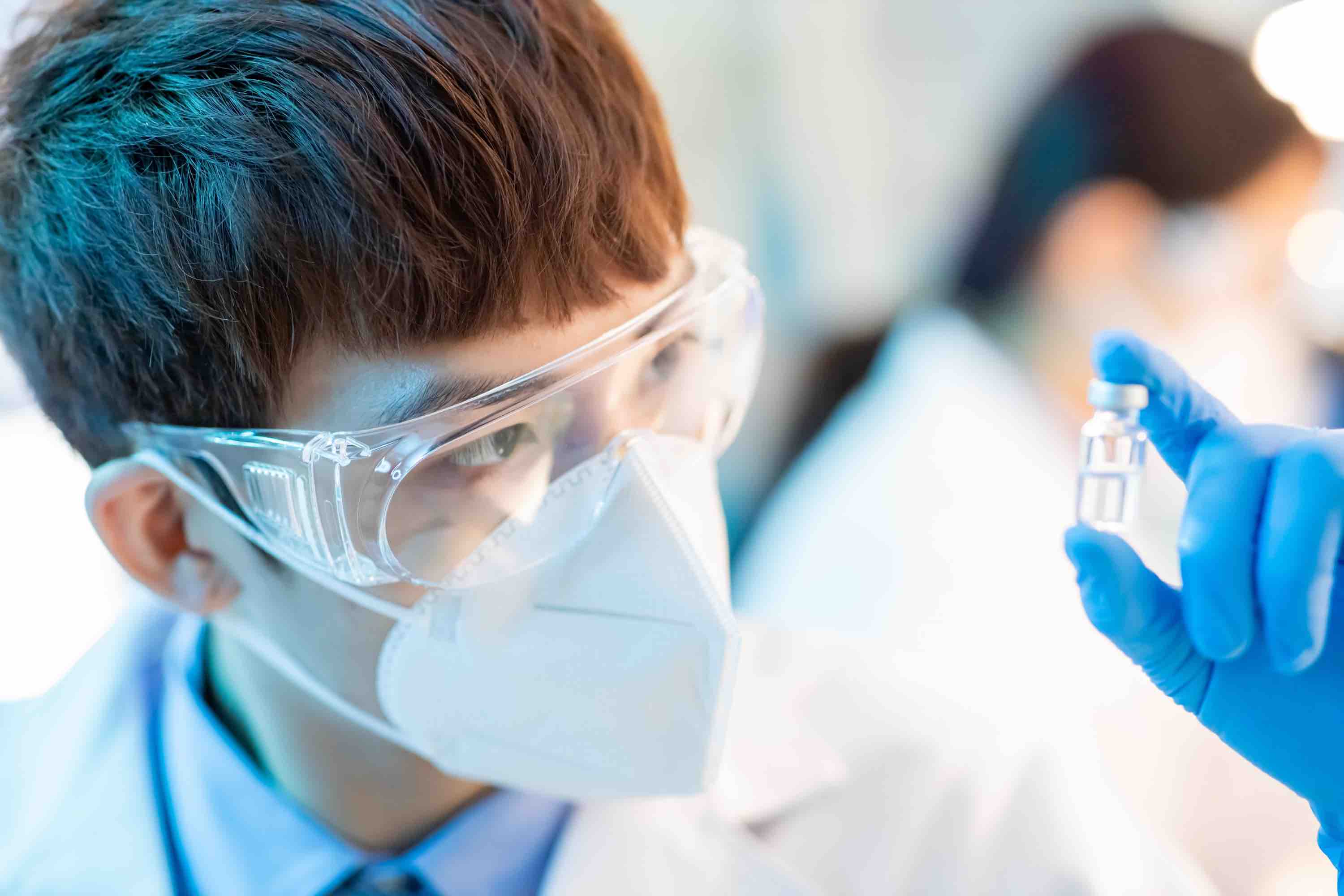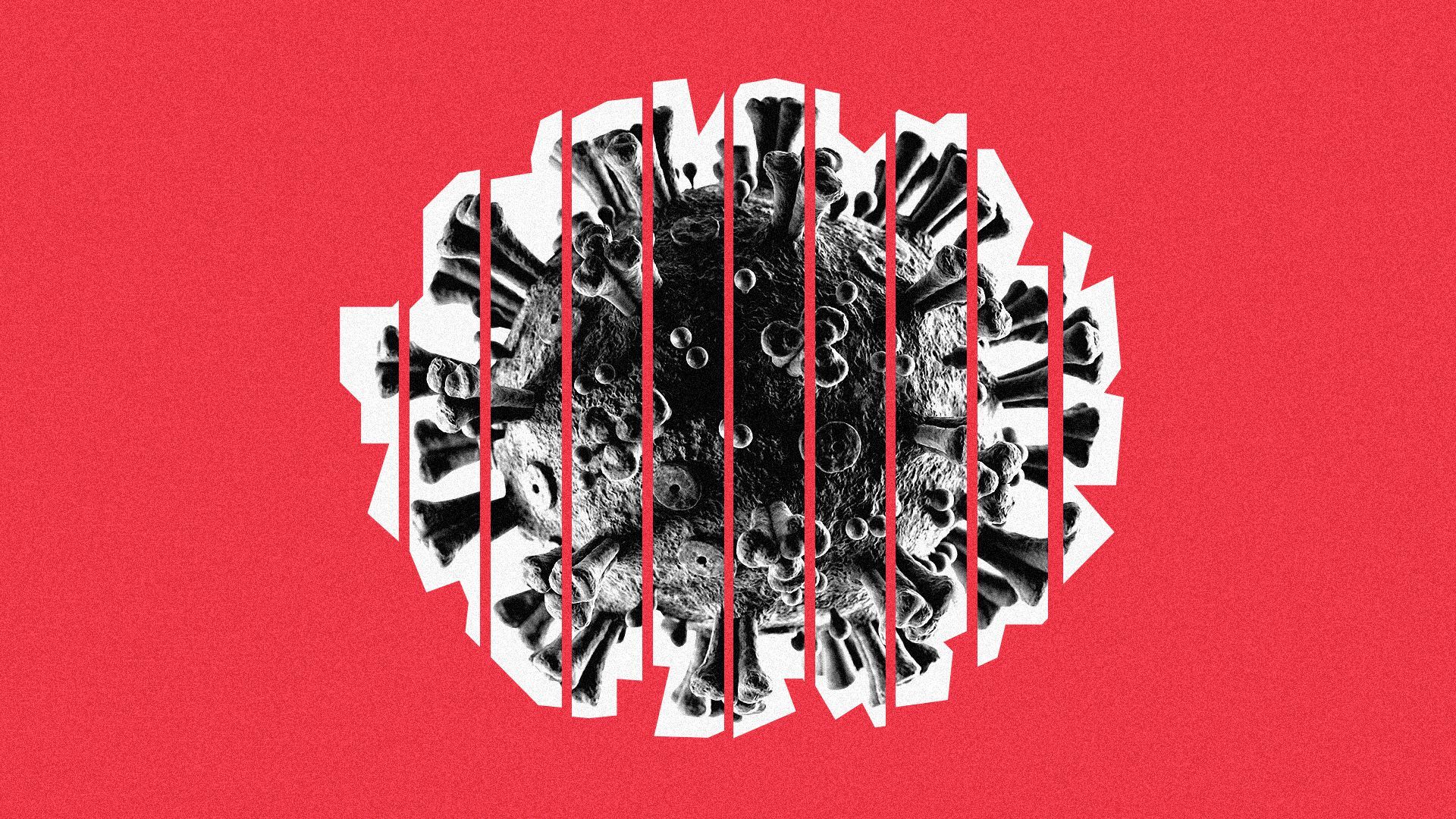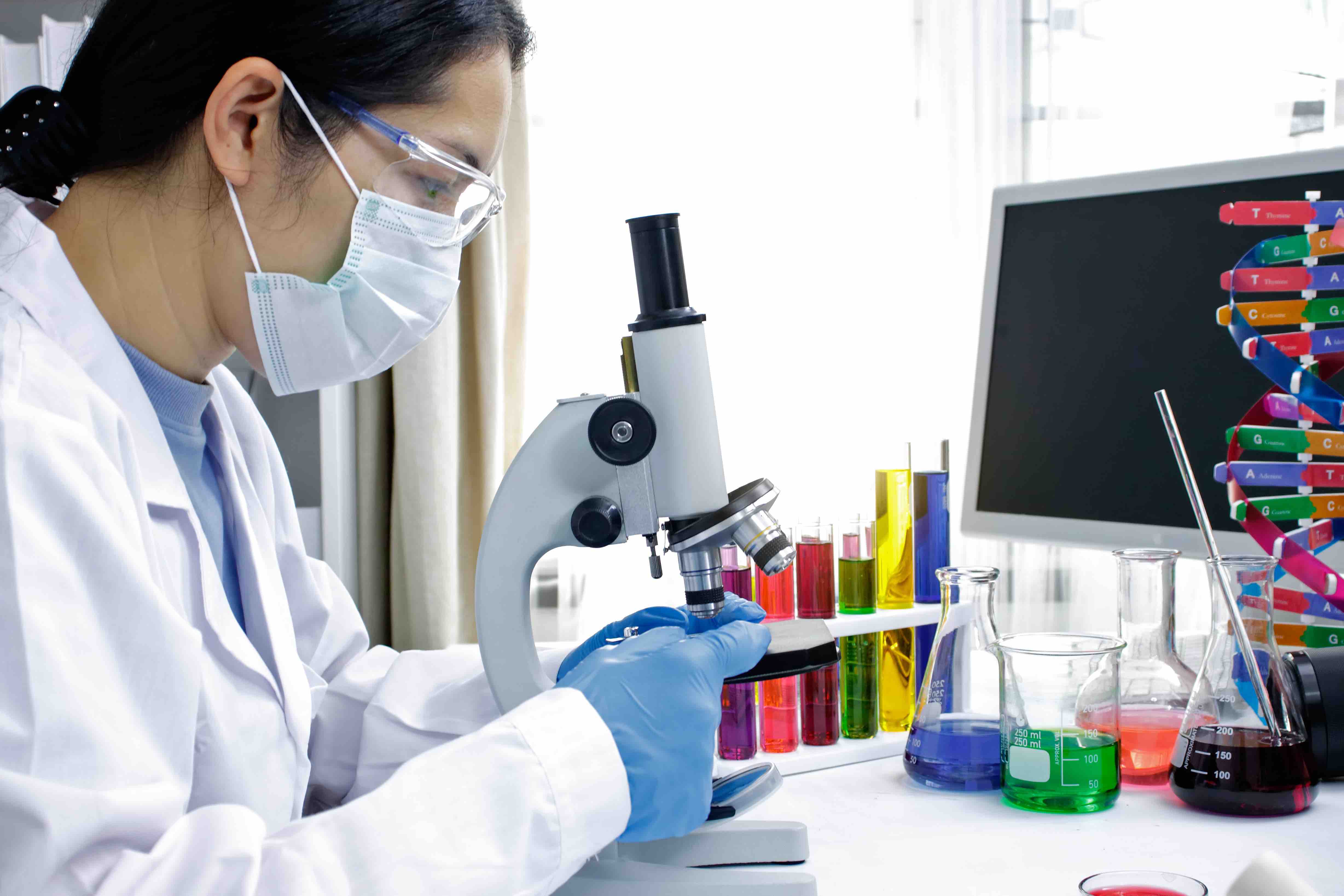| | | | | | | Presented By PhRMA | | | | Vitals | | By Caitlin Owens ·Mar 02, 2021 | | Good morning. Today's word count is 1,157, or a 4-minute read. | | | | | | 1 big thing: Teens' mental health claims doubled last spring |  Teenagers' demand for mental health care skyrocketed last year amid the pandemic, even as their overall need for care declined, according to a new analysis by FAIR Health. Why it matters: Parents, schools and pediatricians have been warning for months that kids aren't OK, and this analysis backs up their concern with numbers. The big picture: The coronavirus pandemic has been disruptive to the lives of Americans of all ages, but for teenagers, the isolation and change in routine comes during a critical developmental stage. - The toll that staying home has taken on children's mental health is one of many reasons schools should reopen, some experts say.
By the numbers: Mental health care claim lines — or individual health services — for children 13–18 doubled in March and April of last year, compared to 2019. - In contrast, the number of overall claim lines for this age group was about half of the 2019 level.
- This trend continued on through November, although less drastically.
Details: Females were much likelier to require mental health care than males. - The percentage of all medical claim lines that were for intentional self-harm nearly doubled in March and April, compared to the same month in 2019. Claim lines for overdoses increased by 94.91% in March and 119.31% in April compared to the year before. Both remained elevated through November.
- The most common diagnoses in teenagers were consistently major depressive disorder, generalized anxiety disorder and adjustment disorders. These conditions also became more prevalent, as a percentage of total medical claim lines, compared to 2019 levels.
What we're watching: Mental health issues can be situational, but that doesn't mean that once the pandemic ends, all will go back to normal. - Some children will likely require long-term treatment, something the U.S. health system has historically been bad at.
|     | | | | | | 2. Americans' hopes rise after a year of COVID |  Data: Axios/Ipsos Poll; Note: Margin of error for the entire sample is ±3.1%; Chart: Andrew Witherspoon/Axios During the last year, Americans have felt stressed out and worried about the coronavirus — but now more say they're hopeful as the vaccines become available, according to the latest installment of the Axios/Ipsos Coronavirus Index. The big picture: Americans finally see some light at the end of the tunnel as we approach the one-year anniversary of the national emergency over the pandemic — a year that has been full of misery, mental anguish, and sickness and death here and around the world, Axios' David Nather writes. By the numbers: Our survey found that the negative emotions dominated over the last year. 41% of respondents said "stressed/worried" were the words that best described their mood during that time, with an equal percentage saying they were "frustrated." - Now, 48% said they are "hopeful" — up from 20% who said they felt that way during the past year.
- The negative emotions are still there, but they're less prevalent than during the past year.
- The people who are most hopeful now are those 65 and older (64%), Democrats (59%), and people who have gotten the vaccine (61%).
That change in mood comes as the share of vaccinated Americans slowly rises. - This week, 23% of respondents said they had gotten the vaccine — up from 19% last week, and a big jump from the 3% who said they had received the vaccine in our Jan. 11 poll, the first one with a measurable result.
Go deeper. |     | | | | | | 3. ACA subsidies and financial health | | Only the biggest subsidies through the Affordable Care Act improved families' overall financial well-being, according to a study published Monday in Health Affairs. The big picture: Low-income families eligible for both premium subsidies and cost-sharing subsidies spent 17% less on out-of-pocket health care costs than unsubsidized enrollees, Axios' Marisa Fernandez writes. - But the financial burden of health care costs didn't alleviate at all for middle-income families eligible only for premium subsidies.
- Low-income enrollees also had a 30% lower probability of catastrophic health expenditures, the report says.
What's next: House Democrats recently proposed temporary increases to ACA subsidies, which would make the assistance more generous for families who already receive it. That may offer some additional financial benefit for middle-income households. |     | | | | | | A message from PhRMA | | Biopharma is committed to being a part of the solution | | |  | | | | As we usher in a new administration and Congress, there are many things on which we can all agree, like building a more just, equitable society. | | | | | | 4. Latin America turns to China and Russia |  Several countries in the Americas have received their first vaccine shipments over the past few weeks — not from the regional superpower or from Western pharmaceutical giants, but from China, Russia, and in some cases India, Axios' Dave Lawler reports. Why it matters: North and South America have been battered by the pandemic and recorded several of the world's highest death tolls. - Few countries other than the U.S. have the capacity to manufacture vaccines at scale, and most lack the resources to buy their way to the front of the line for imports. That's led to a scramble for whatever supply is available.
- Only Chile (17%), the U.S. (15%), Barbados (12%), Canada (3%), Brazil (3%), Argentina (2%), Mexico (2%), Costa Rica (1%) and Panama have managed to provide a first dose to at least 1% of their populations.
Driving the news: Mexican President Andrés Manuel López Obrador — who has railed against vaccine "hoarding" by rich countries — was expected to ask President Biden in their virtual meeting Monday to share a portion of the U.S. vaccine supply with Mexico. - Ahead of the meeting, White House press secretary Jen Psaki said the answer would be "no," at least until all Americans have access.
The state of play: Other global powers have begun shipping doses to the region. At least 10 Latin American countries have obtained Russia's Sputnik V vaccine or expect to soon, while 10 more are expecting doses from China's Sinovac or Sinopharm. Go deeper. |     | | | | | | 5. Scaling up mRNA vaccines | | A new initiative — funded by DARPA, the Pentagon's high-tech research arm — is aiming to make it much easier to scale up the next generation of RNA- and DNA-based vaccines, Axios' Sam Baker writes. Driving the news: A consortium including GE Research, the Broad Institute and the University of Washington is announcing today that it's secured a $41 million grant from DARPA. - The researchers will use that money to develop a new platform that, they say, would enable an automated and mobile manufacturing process.
- Ultimately, the hope is that this platform could be distributed nationwide to quickly scale up manufacturing and cut down on distribution time.
Why it matters: We're dealing now with the first-ever mRNA vaccines — technology that has the potential to produce more effective inoculations for a range of viruses. And even as those vaccines are still rolling out, scientists are already at work on ways to make the next versions of these products even more efficient. - "Having the ability to produce small batches of ready-to-use vaccines in under three days at the site of need would enable widespread deployment of doses at an unprecedented speed," John Nelson, the leader of the GE Research team, said in a statement.
|     | | | | | | 6. Catch up quick |  | | | Illustration: Aïda Amer/Axios | | | | More than 72% of K–12 students are now attending schools that offer in-person or hybrid models of learning, Marisa reports. Former President Trump and former first lady Melania Trump were both vaccinated at the White House in January, a Trump adviser tells Axios' Alayna Treene. CDC director Rochelle Walensky warned states on Monday that "now is not the time" to lift public health restrictions, as the recent dramatic declines in coronavirus cases and deaths "appear to be stalling." Twitter announced Monday that it will label tweets with potentially misleading information about COVID-19 vaccines, and introduce a strike system that can lead to permanent account suspension. |     | | | | | | A message from PhRMA | | We are committed to being a part of the solution | | |  | | | | America's biopharmaceutical companies are committed to ending the pandemic by: - Continuing to develop treatments and vaccines to combat COVID-19,
- Working closely with governments, insurers and others to make sure vaccines and treatments are accessible and affordable.
| | | | | | Axios thanks our partners for supporting our newsletters.
Sponsorship has no influence on editorial content. Axios, 3100 Clarendon Blvd, Suite 1300, Arlington VA 22201 | | | You received this email because you signed up for newsletters from Axios.
Change your preferences or unsubscribe here. | | | Was this email forwarded to you?
Sign up now to get Axios in your inbox. | | | | Follow Axios on social media:    | | | | | |







No comments:
Post a Comment